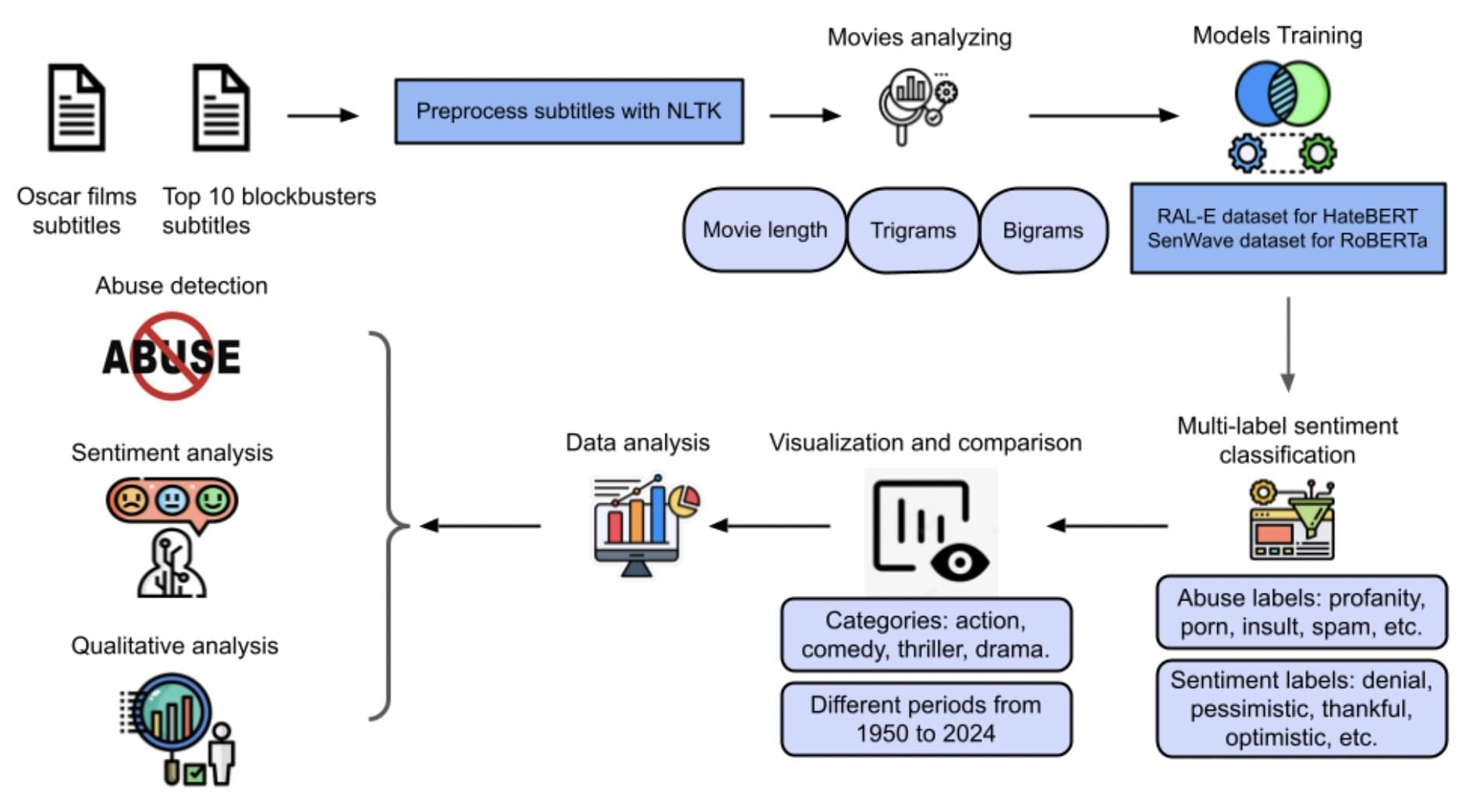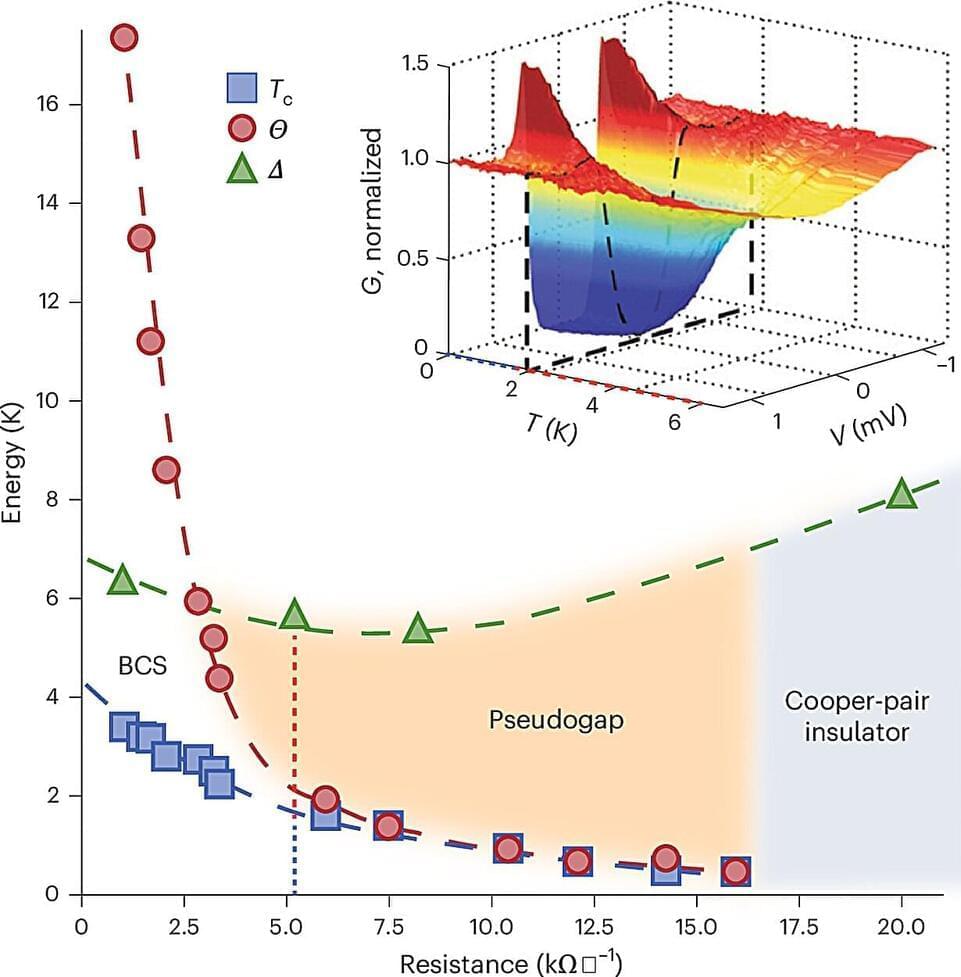Movies often reflect the predominant societal and cultural values at the time they were shot. These values can be expressed in various elements of a film, including the interactions between characters, their communication styles and their characterizing traits.
Over the past few decades, some parents and scholars have expressed their concerns about the recent evolution of Hollywood Oscar-nominated and blockbuster movies, suggesting that they contain significantly more abusive and violent content than movies released during earlier historical periods. Yet, these debates are often grounded on a general perception of films as opposed to detailed analyses of films.
Two researchers at the University of New South Wales in Australia recently carried out a study aimed at better understanding the differences between the content and dialogues of movies released over the past 70 years, using a class of well-known computational models known as large language models (LLMs). Their findings, on the arXiv preprint server, confirm the hypothesis that movies have become more violent over time while also highlighting movie genres that appear to feature the most abusive and violent content.





